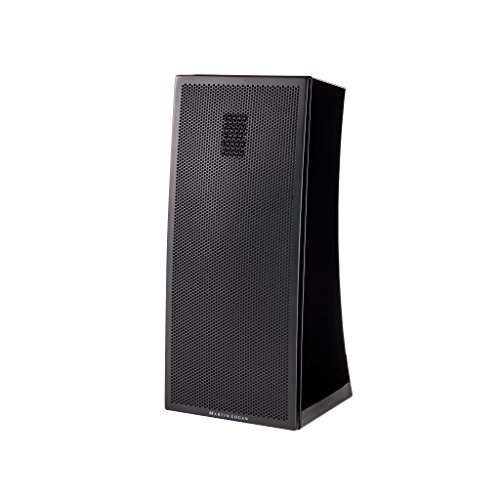Like many out there I have always wondered about how a power cord could make a difference in the sound of audio equipment.
It has always been my thought that to use it the electricity had to come all the way from the generation station through miles of wires that are maybe decades old into the house and to a receptacle in the wall.
How could that last 6 feet of wire make much difference?
In the past I have read articles by Jon Risch. I'm sure a number of you are familiar with his writings. He is often skeptical of many commonly held beliefs about wires and audio practices.
One of his articles I ran across was about power cords. His explanation of how they can affect audio equipment was quite interesting.
Enough so I think I will probably make some and see if it matters in my set up.
Below is a link to that article.
http://www.geocities.com/jonrisch/ac-cords.htm
It has always been my thought that to use it the electricity had to come all the way from the generation station through miles of wires that are maybe decades old into the house and to a receptacle in the wall.
How could that last 6 feet of wire make much difference?
In the past I have read articles by Jon Risch. I'm sure a number of you are familiar with his writings. He is often skeptical of many commonly held beliefs about wires and audio practices.
One of his articles I ran across was about power cords. His explanation of how they can affect audio equipment was quite interesting.
Enough so I think I will probably make some and see if it matters in my set up.
Below is a link to that article.
http://www.geocities.com/jonrisch/ac-cords.htm














